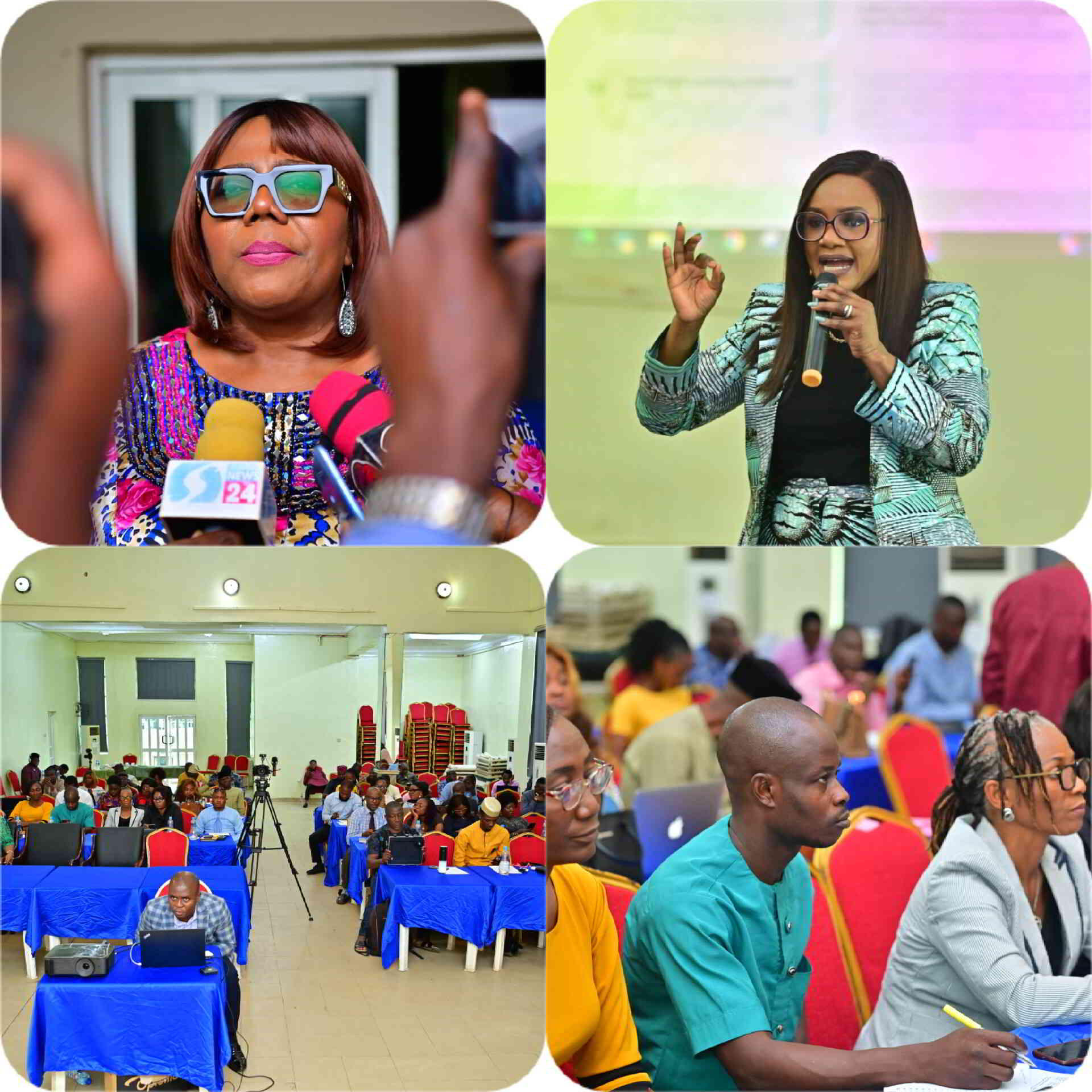Adebayo Adenrele
The United Nations Children’s Fund(UNICEF) has partnered stakeholders in the media industry with a view to addressing learning poverty and decays in educational system at both formal and non-formal educational systems.
This is the focus of a 2-day parley with media Professional with the theme: “Foundational Literary and numeracy in Nigeria”,UNICEF in collaboration with the Edo State SUBEB, Edo State Ministry of Education and the National Orientation Agency(NOA) Lagos State Directorate.
In her opening remarks, the Edo State Commissioner for Education, Dr Joan Oviawe noted that the state government had made the Educational system to be technological-driven through the provision of Tablets to various schools across the state to monitor and track the activities of the Teachers.
She added that the Governor of the State, Godwin Obaseki had put mechanisms in place to eradicate decays in the educational system, by inculcating school culture in the instincts of the students at both Primary and Secondary schools.
In her words, “Edo State Government is trying to build a system, nobody has successfully built an educational system and professionalised the bureaucracy that manages Education.
“The first thing we have to do is to create a school culture. There was a school called school for mentally retarded and the Governor obaseki kicked against that. We changed the name and retrained the teachers.
“When we saw some decays in the system, we are very particular that these children be educated. We can’t educate them to imbibe in the culture of begging.”
Giving an overview of Foundational Learning and Numeracy in Nigeria, the Education Specialist of UNICEF, Yetunde Oluwatosin said COVID-19 increased Learning Poverty rate in low- and lower-middle income countries from 57% to 72% in three years.
She however noted that learning poverty would be reduced to 38% from pre-pandemic levels if Nigeria keep their commitments based on their Sustainable Development Goal 4 (SDG4) pledges.
During an interview session with the executive chairperson of SUBEB in the state, Eyitayo Salami said that the focus of Accelator programme in Edo is to eliminate learning poverty by accelerating foundational learning and literacy.
She noted that the Board had to identify priority areas and seek technical and financial support from the international agencies, while focusing on curriculum on the quality of instructions, actual materials, and how to expand the language of Instructions.
She added that plans have been in motion to improve data and expand the monetary and evaluation systems that are strengthening the learning assessment through a technological framework, where data can be projected using a global education policy dashboard.
“This media parley was put together by UNICEF and they’ve come to Edo because we’re one of the accelerator countries under the Bill and Melinda Gates and World Bank Accelator programme.
“What we’ve achieved under the accelator programme is common knowledge around the world that the focus of the world is now on eliminating learning poverty.
“One of the ways that is essential to eradicate Foundational learning poverty in the state is to focus on accelerating foundational learning and literacy.
“One of the things we have to do under the accelerator program as Edo state is to identify what our targets are.
“We focus on curriculum on the quality of instructions, on the actual materials, whether digital or print that the children need and how we can expand the language of Instructions, and focus on other languages.”

